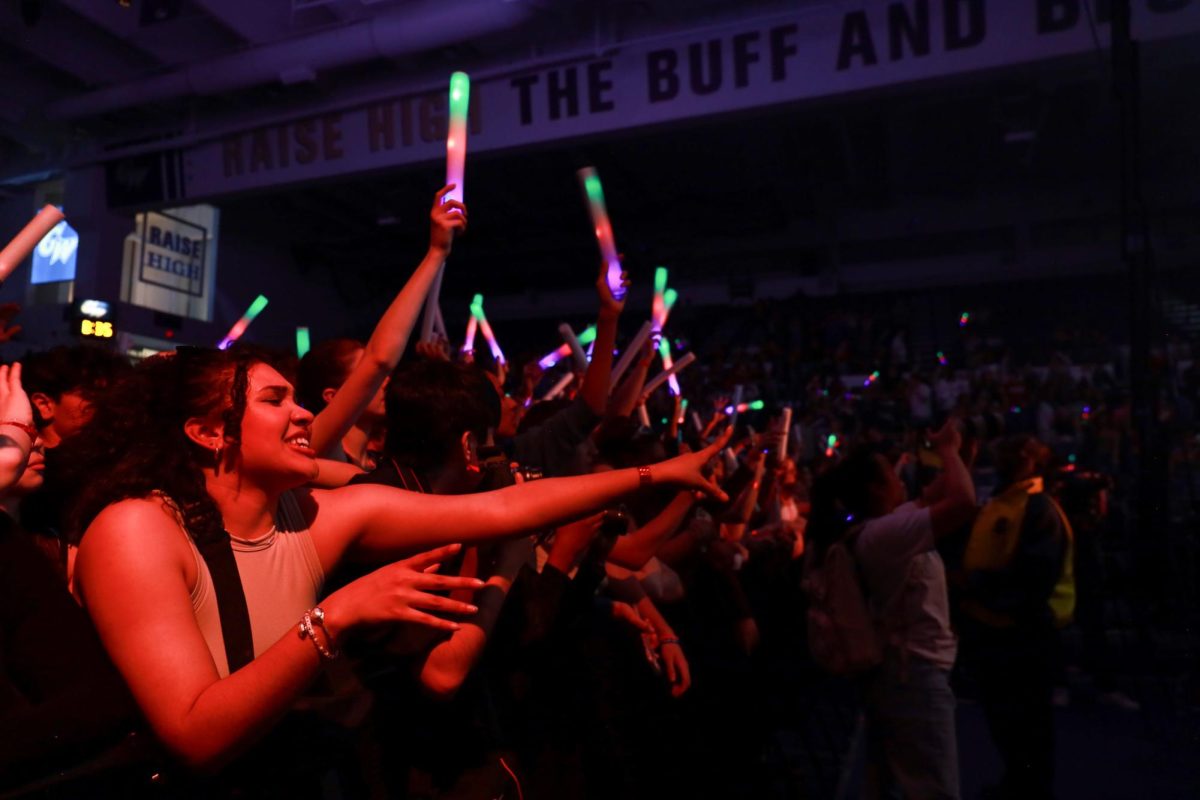Last year, 376 students graduated with degrees in political science, 320 with degrees in psychology and 184 with degrees in economics. Only six students left GW with degrees in dramatic literature.
Dramatic literature is one of GW’s unique majors with few students, but high levels of dedication and interest.
This year, the dramatic literature major had two graduates, Seung Hyun You and Calder Stembel.
You, originally from Korea, said she was first drawn to the program because it encompassed all of her main interests.
“When I saw the requirements I had to fulfill, it just looked like so much fun,” You said.
You said she has always been interested in literature and drama. When choosing her major, she looked through the entire booklet of programs and, after reading the requirements and descriptions, settled on dramatic literature.
You developed close relationships with professors in her major and even had the same professor for three consecutive semesters.
After graduation she hopes to remain in D.C. and look for a job with a local theater or casting company.
Shawn Kelly, a rising senior, said catering to one’s interests is key to gaining a worthwhile education.
Kelly began the process of creating an individualized major as a freshman and was able to declare his major, arts administration, as a sophomore.
“If you don’t like something, you’re not going to try hard and then you’re not going to remember it after your final exam,” said Kelly. “But if you take a class that you’re interested in, it’s actually going to serve its academic purpose.”
Kelly combined aspects of the theater and business departments to create a curriculum for his major.
“Everything I do is so geared towards what I want to do, which makes the classes fun and interesting and exciting, which makes it easy for me to learn,” Kelly said.
Margaret A. Lamb, the director of the University of Connecticut’s individualized major program, said students must sometimes personalize their education in order to tailor the curriculum to their interests.
“I believe that students get more out of their education if they are following curiosity and a kind of thematic interest to their education, particularly for undergraduates,” said Lamb. “For some students, they have to find another path to give that curiosity a free range.”
Natalie Lazaroff, who graduated with a dual major in American studies and Judaic studies, said pursuing her interests was most important to her when deciding what courses to take.
“You know what? For $52,000 a year – and this is what I told my mom when I was declaring my major – you should learn what you want to learn,” Lazaroff said.
Lazaroff is also graduating from a particularly small program. She is one of only three undergraduate students receiving a degree in Judaic studies this year.
Professor Jenna Weissman Joselit, director of the Judaic studies program, said the smaller size of the program helps the students become more familiar with each other, with the faculty and with the material.
“The program provides a kind of intellectual safe haven for GW undergrads, and it helps to break up some of the anonymity of being a student,” Joselit said.
Majors with traditionally smaller graduating sizes include early modern european studies with four graduates in 2010, biophysics with three, English and creative writing with five and French language and literature with six.
Lazaroff said she has been fortunate that being part of a smaller program allowed her to form close relationships with many of her professors.
“My first year at GW, before I declared my major, I was in all these huge majors, and I remember speaking to people about just feeling so frustrated that I didn’t know my professors,” Lazaroff said.
This article was changed May 18, 2011 to reflect the following:
Based on an editing error, The Hatchet incorrectly reported there were only two students in the Judaic Studies program. In fact, there are three.





